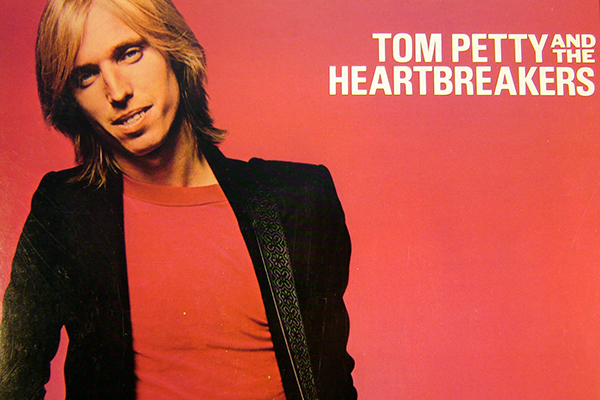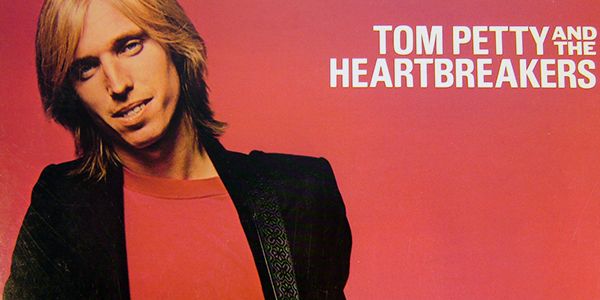And how one assumption can soil broadcast or print’s credibility

The Rolling Stone and CBS’s premature reporting that rock icon Tom Petty had died on the afternoon of Oct. 2 is symptomatic of the disorder afflicting media these days.
To beat social media to the viral punch, to have that feather in the cap of breaking a story, some snap decisions have to be made.
An editor will make that tough decision to say, “Well, Mr. Petty has been taken off life support, so it may be safe to assume he’s knocking on heaven’s door”.
Of course, Petty’s daughter, ripped into Rolling Stone in grand, vitriolic fashion after they falsely reported he died Oct. 2. Of course, it could be worse. Imagine Abe Vigoda reading he was dead before he actually died.
As we know, to assume is to make an ass out of you and me. But it’s necessary for broadcast giants and print media to stay relevant with these stories.
Quite often, the dying mediums of news are at the mercy of the audience. I remember sitting in the Toronto Sun newsroom, rolling my eyes every time I heard the name Manti Te’o pop up. I mean, come on, a university prank – that’s happened ad nauseam in North America – became a sit-down opportunity for Katie Couric.
Editorially speaking it’s a yawn fest. Who hasn’t been catfished at some point or another? Who hasn’t been the victim of a prank call?
With Te’o, the audience hungered for the first outed-as-gay football player and that was probably a contributing factor in the story’s momentum. Unfortunately, much to the chagrin of Te’o he was living one of those nightmares where everyone is laughing – at him. The first gay football player drafted came a year later with Michael Sam in 2014.
Now with Petty – he’s a big name. To be able to beat TMZ to the punch is self-satisfying. To be able to say you broke a story in the digital era is the currency that buys a lengthy journalism career. Former Toronto Star reporter Robyn Doolittle is a perfect example of this.
Unfortunately, the reporting of Petty’s death was hugely inaccurate and too pell-mell, even if the outcome still remained the same.
It’s not necessarily bad journalism. Perhaps bad editorial direction, but not bad journalism per se. But in an era where information is instantaneous, broadcast and print have to find a way to out-scoop social media.

